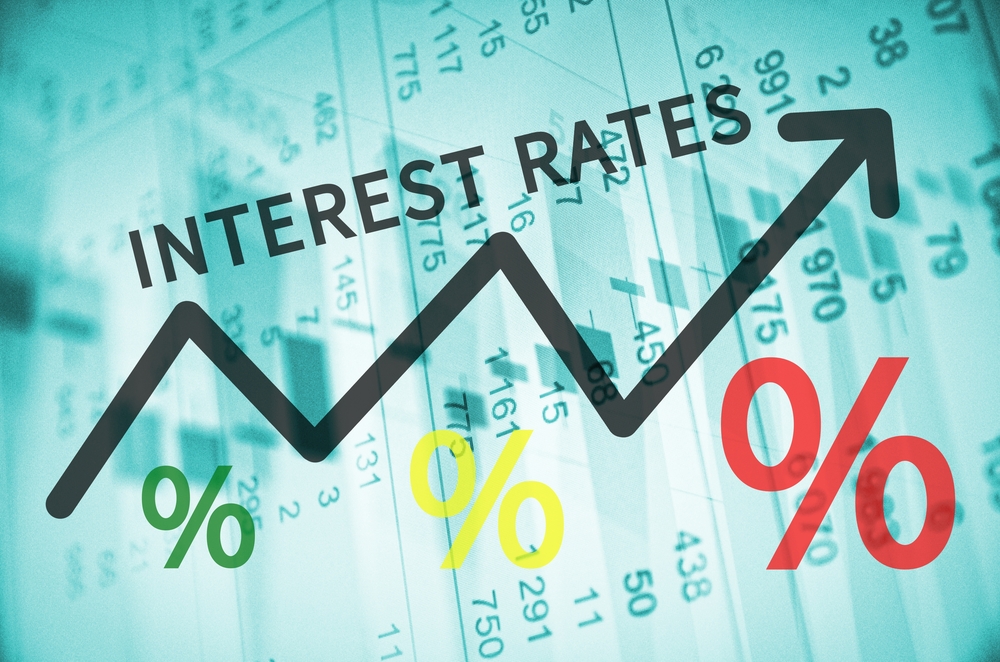Buy To Let
Rate rise of 2.5% would force landlords into debt across the UK

Buy-to-let landlords in 70% of UK towns and cities would fall into debt by 2020 if rates were to go up 2.5%.
The average UK buy-to-let property would be making an annual loss of £325 by 2020 if interest rates were to rise 2.5%, according to property crowdfunding platform Property Partner.
It has calculated that given such as modest rate rise over the next four years, traditional buy-to-let could become unprofitable in seven out of ten UK towns and cities.
It’s grim down South
Landlords in Salisbury would fare worst, according to the figures, where buy-to-let landlords currently make an average annual profit of £2,200. By 2020, with both a cut in mortgage tax relief and a modest 2.5% rise, they will feel the full impact with debts mounting to £2,984 per year.
In Cambridge and Winchester healthy profits would also turn into hefty losses. In Cambridge, the average profit today is £4,257 but would plummet into the red with a £2,418 annual loss in 2020. In Winchester, an annual profit today of £5,835 would be wiped out, and landlords would be facing an annual debt of £2,169.
The figures reveal that 11 out of the 20 towns and cities worst hit by the changes to mortgage interest tax relief and a potential 2.5% rise in interest rates are in southern England.
Dan Gandesha, CEO of Property Partner, said: “The phased withdrawal of mortgage interest tax relief will be felt across the country, but add in a modest interest rate rise, and many investors would see their rental profits completely wiped out.
“When you factor in April’s Stamp Duty hike on new property purchases, it’s clear that direct investment in buy-to-let no longer adds up. Traditional landlords from Land’s End to John O’Groats need to face up to the stark reality. In a few years, the whole structure of the UK housing market will have changed.
“It’s a tipping point. Landlords will lose out but millions more will be better off, with more affordable homes for first time buyers, more high-quality accommodation for tenants, and an asset class made available for everyone to invest in.”